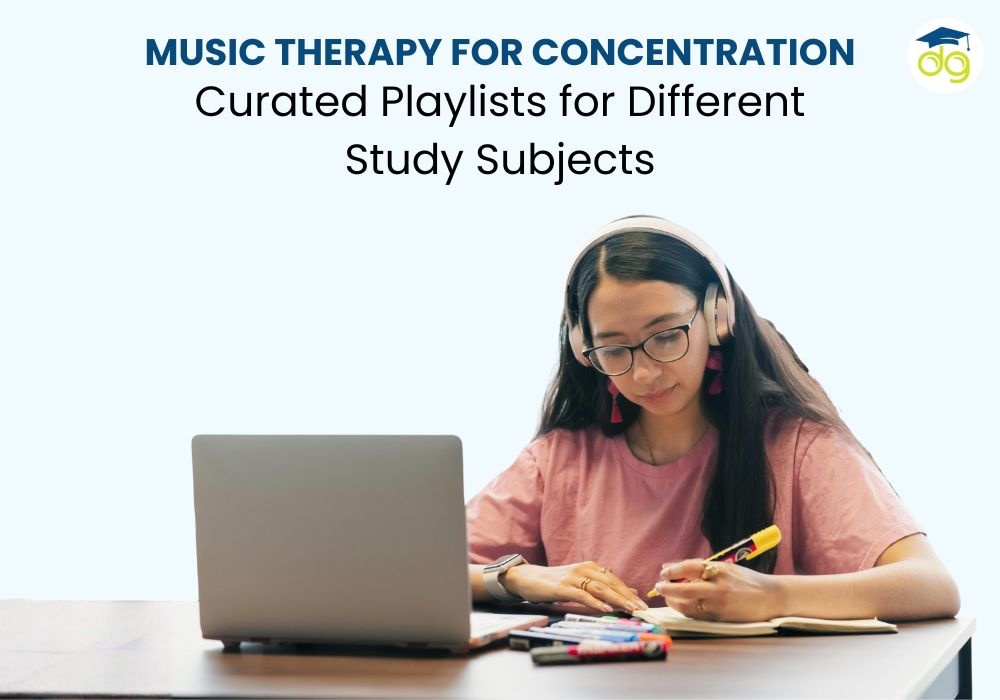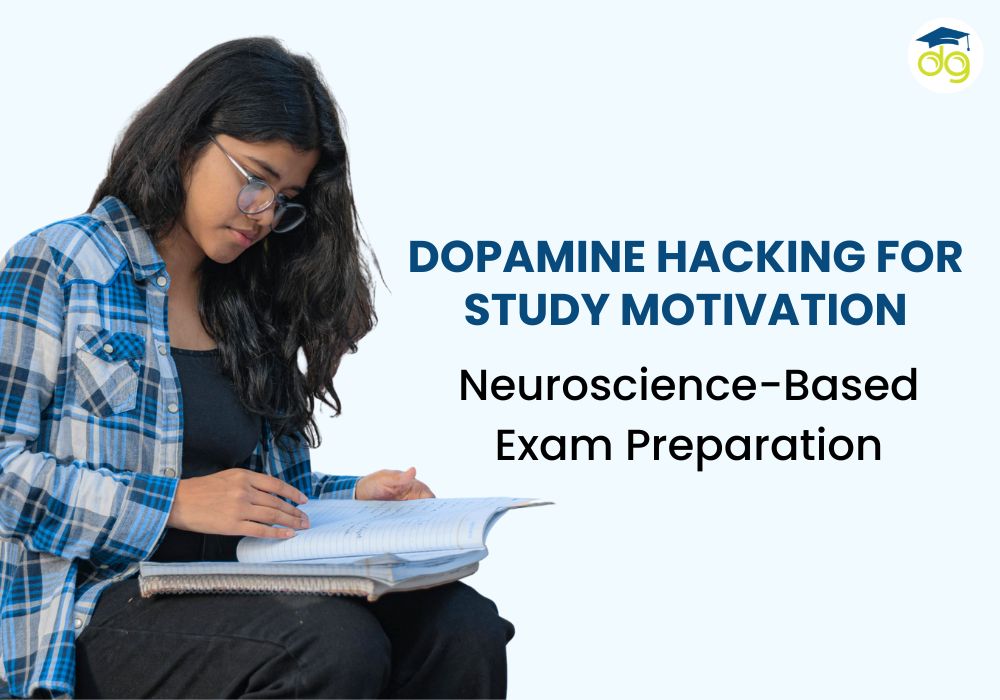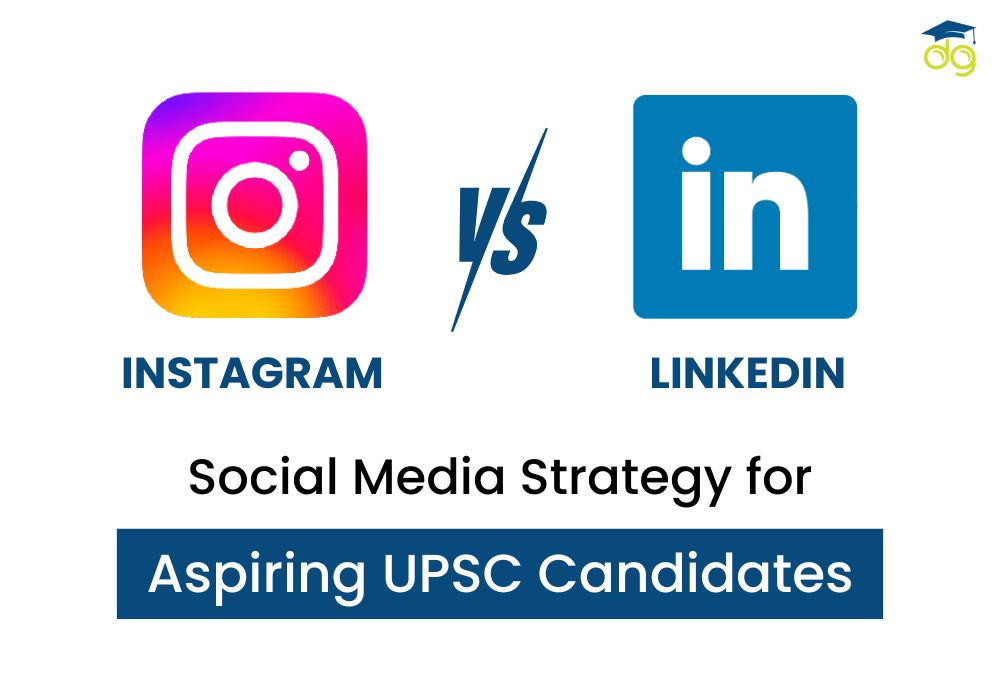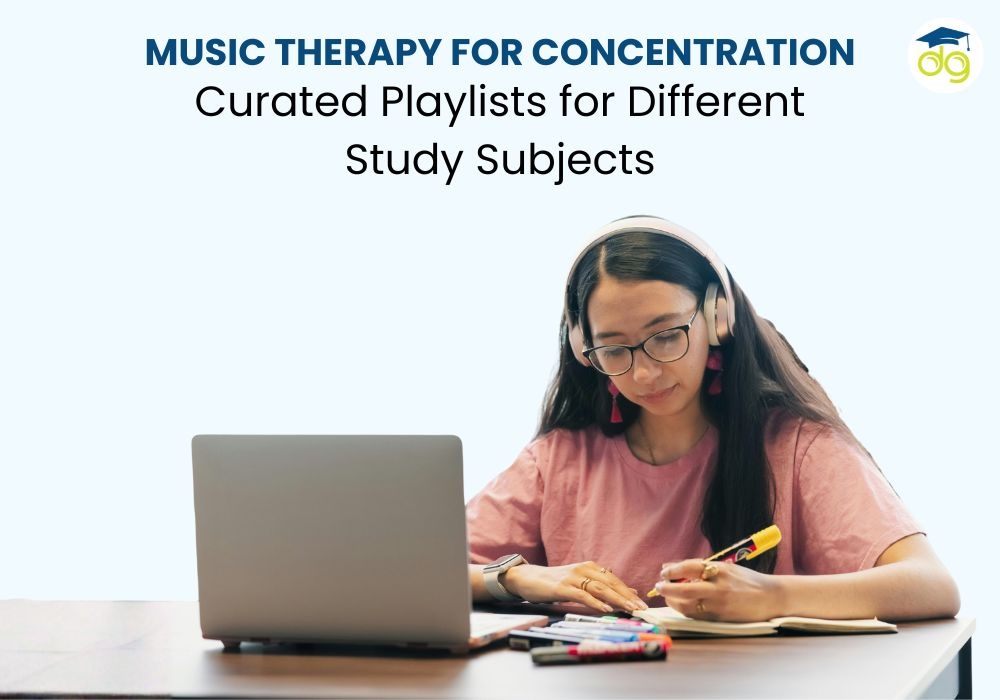Music Therapy for Concentration: Playlists to Boost Focus While Studying
Curated Study Playlists for Different Subjects to Improve Memory & Focus
When exam time is approaching, silence is not golden. Some learners live with the beat of lo-fi tracks, others who hear classical symphonies deadpan, and others who hear ambient background sound that gets drowned out in the background. In common, however, is a mutual consensus that music therapy for concentration can change the way we study, concentrate, and memorise.
In today’s learning environment, especially where online and hybrid education dominate, students need effective ways to balance attention and relaxation. That’s where the science of sound enters the picture. By using curated study playlists aligned with the subject you’re tackling, music can go from a passive distraction to an active tool for better concentration and academic performance.
And for learners who are finding what is best for their learning ability, platforms such as Skoodos Bridge enable them to engage with coaching centres that offer special study methods, such as music concentration classes, in their learning curricula.
Let's take a look at how music therapy is actually done, what kind of music is good for each subject, and how to compile playlists that put your brain in shape without keeping your mind on edge.
The Science of Music Therapy for Concentration
How Sound Impacts the Brain
Music has quantifiable impacts on the neural networks of the brain. Listening to music, sometimes instrumental or rhythmic, releases more dopamine, lifting mood, motivation, and mental wakefulness, research published in Frontiers in Human Neuroscience discovered.
As tempo and frequency become aligned with the task, it engages the prefrontal cortex, the area of the brain that handles coordinated decision-making and focus. This resonance enhances sustained attention, alleviates anxiety, and facilitates the regulation of mental fatigue from extended study periods.
Why Silence is Not Always Productive
Whereas total silence is favored by some pupils, this will lead to greater self-consciousness and distraction. Background music at low levels forms an easy "sound bubble" that muffles outworldly sound and allows for attention to be focused. That is why studying spaces with soft background scores tend to produce higher productivity outcomes for study time.
2. What Type of Music Is Best for Concentration During Study?
All noise is not created equal. Based on what you are reading, various genres or tempos can maximize mental concentration. What is described below is an aid to assist you in matching your study and concentration playlist with the subject matter of study.
Subject Area | Recommended Music Type | Why It Works |
| Mathematics & Logic | Classical (Bach, Mozart), Baroque | Enhances spatial-temporal reasoning and numerical accuracy |
| Literature & Languages | Lo-fi, Ambient Piano | Supports creative association and reading comprehension |
| Science (Physics, Chemistry, Biology) | Instrumental Rock, Minimalist Electronic | Boosts analytical processing and pattern recognition |
| Humanities & Arts | Jazz, Acoustic Folk | Encourages reflective thought and emotional engagement |
| Coding & Computer Science | Techno, Chillstep | Maintains flow and repetitive task endurance |
| Exam Revision (Any Subject) | Nature Sounds, Binaural Beats | Reduces anxiety and improves sustained focus |
The takeaway: selection of focus music to study will be based on the cognitive load of your material. Organised, rhythmic works best serve reasoning-dense work, while slower, affective music supports conceptual and creative work.
3. Are Curated Playlists Appropriate for Various Study Materials?
Yes. Curated playlists are programmed with rhythm, tempo, and frequency, each for a particular kind of mental processing. For instance:
- Alpha wave music (8–14 Hz) relaxes without snoozing, suitable for reading and essay writing.
- Beta wave frequency (14–30 Hz) enhances alertness and focus, suitable for solving problems or calculations.
- Delta and Theta wave playlists relax during break time when your brain needs to recover from studying.
Services online, such as Spotify and YouTube, now have thousands of science-backed songs to learn from, typically organised by topic or purpose (e.g., "Study Music for Physics" or "Focus Music to Write"). Incorporating these playlists into music-driven study habits can increase levels of concentration, particularly in combination with Pomodoro breaks or active recall strategies.
4. The Influence of Music on Academic Achievement
A 2022 study by Stanford University identified that students listening to instrumental music while studying retained 12% more than those without exposure to it. Likewise, students employing music therapy reported they experienced less stress when taking tests and appeared to be faster problem solvers.
This is due to two basic reasons:
- Mood Control: Listening to music raises serotonin levels, minimising test anxiety.
- Cognitive Entrainment: Electrical activity of the brain synchronises with rhythmic structure, increasing attention span.
Below is a simplified comparison:
Factor | Without Music | With Music Therapy |
| Focus Duration | 25–30 minutes | 45–60 minutes |
| Retention Rate | Moderate | High |
| Anxiety Level | Elevated | Controlled |
| Recall Speed | Slower | Faster |
| Overall Academic Performance | Average | Improved |
To aspiring competitive exam candidates, even a 10% boost in productivity can become real dividends. With the help of conventional studies and concentration through music therapy, students can make study sessions into a multisensory and engaging experience.
8. How Do You Support Smarter Study Habits
In the busy world of education, platforms such as Skoodos Bridge are transforming the way students find suitable coaching arrangements. With more and more progressive institutes blending old-fashioned teaching with neuroscience-supported learning tools, such as music therapy for focus, student achievement is being optimised.
With Skoodos Bridge, students are able to:
- Compare coaching institutes by their innovative teaching styles and wellness-based environments.
- Look for courses that involve mindfulness, sound therapy, and online learning websites.
- Get access to authentic institute profiles with information on faculty, infrastructure, and student achievement.
For exam prep candidates seeking coaching for NEET, JEE, or UPSC exams, identifying a coaching institute that focuses on mental equilibrium is crucial. Skoodos Bridge makes it easier by shortlisting institutions that focus on intellectual as well as emotional well-being.
In other words, to complement your study methods, for instance, music therapy, with comforting school backup, Skoodos Bridge will allow you to make informed, individualised decisions.
Conclusion
Music therapy is not magic, but it is science-based, and, if utilised thoughtfully, it can enhance concentration, lower stress levels, and enhance performance. The trick is individualisation: finding out what works best in terms of rhythms, tempos, and styles for your studying.
With competitive research propelling students on their college academic journey, intelligent technology like Skoodos Bridge unites different learning styles and business mentor areas. From looking for music-infused learning environments to colleges that focus on mental health alongside challenging academics, Skoodos Bridge assists this search.
So the next time you settle in to study, don't battle the quiet; tune it. Have the right playlist direct your focus, and have Skoodos Bridge direct your path to smarter, sound-driven success.
FAQs
1. What kind of music supports concentration during study?
Instrumental music with a continuous beat, such as classical, lo-fi, or ambient, supports concentration without distracting the brain. For reading or drill memorisation, eschew song-with-lyrics.
2. Can personalised playlists be used for different subjects to study?
Yes. Personalised playlists are developed to match brainwave frequencies with each subject's thought requirements to enhance interest and comprehension.
3. What type of music enhances academic performance?
Serial and repetitive instrumental music such as Baroque, nature sounds, or lo-fi beats usually corresponds to enhanced memory recall and accuracy.
4. Does music therapy help in preparing for exams?
Yes. Music therapy assists with balancing stress hormones, sustained concentration during long periods of studying, and improvement in recall, all of which are crucial in successful exam prep.
5. Is classical music suitable for concentration while studying?
Indeed. Mozart and Bach pieces, in particular, sharpen rational thought and eliminate mental lethargy, making them great options for concentrated study that remain fashionable across all ages.
6. Do music study apps actually work?
Most students attest to being more productive using such an app as Brain.fm or Focus@Will, which create soundscapes scientifically optimised to boost brain function.
7. How can I listen to music during study without becoming distracted?
Start with low-level lyricless music, and have it play consistently through your study session in order to habituate the brain to entering into "focus mode" when they are being listened to.
Categories
Archives
Similar Posts

Music Therapy for Concentration: Playlists to Boost Focus While Studying
by Skoodos Bridge

Dopamine Hacking for Study Motivation: Neuroscience-Based Exam Prep
by Skoodos Bridge

Electric Vehicle Jobs: Top Mechanical Engineering Careers in EV Sector
by Skoodos Bridge

EdTech Careers After Engineering: Build Learning Apps & Startups
by Skoodos Bridge

Gaming Meets Medicine: VR Therapy Careers for NEET Aspirants
by Skoodos Bridge

WhatsApp Group Study: Boost Your Competitive Exam Preparation
by Skoodos Bridge

Drone Engineering Careers: Aerospace Pathways, Exams & Job Opportunities
by Skoodos Bridge

Instagram vs LinkedIn: Smart Social Media Strategy for UPSC Aspirants
by Skoodos Bridge

YouTube Shorts for Revision: Micro-Learning to Memorize Formulas Quickly
by Skoodos Bridge


Leave a Comment